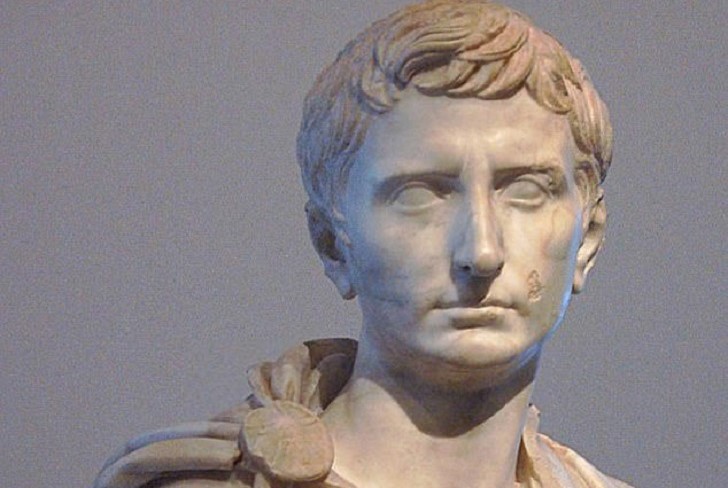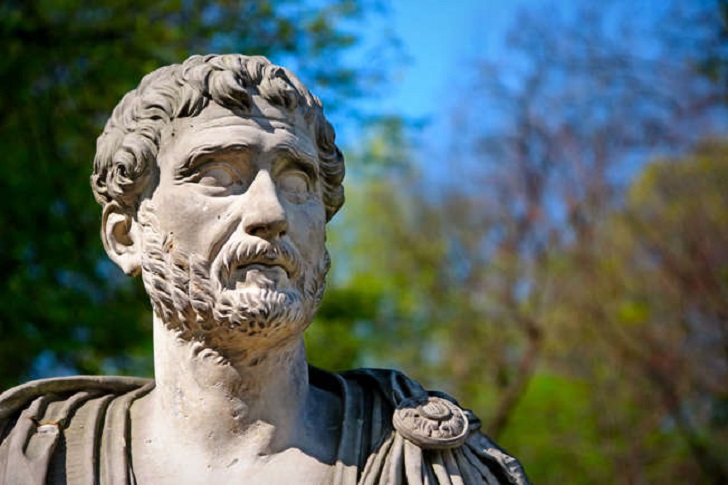Many rulers shaped the course of the Roman Empire, but who was the best Roman emperor? This question has been debated for centuries, and while different emperors excelled in various aspects, a few stand out. From military achievements to legal reforms and cultural patronage, these five Roman emperors helped define the greatness of one of history's most iconic empires.
Who Was the Best Roman Emperor? Our Top 5 Picks
1. Augustus – The Founder of the Empire
As the first Roman emperor, Augustus laid the foundation for the Roman Empire, which would last for centuries. After years of civil war, Augustus brought stability and peace, initiating the Pax Romana—a period of relative peace and prosperity across the empire. His accomplishments include:
- Establishing a permanent army.
- Reforming the Roman legal system.
- Commissioning vast building projects that transformed Rome into a glorious imperial city.
Augustus' reign marked the transition from a republic to an empire, and his legacy endured through his successors.

Daily Mail | MSN | Augustus laid the foundation for the Roman Empire, which would last for centuries.
2. Trajan – Rome at Its Peak
Under Emperor Trajan, the Roman Empire reached its territorial zenith. Trajan's military campaigns, particularly his conquest of Dacia (modern-day Romania), not only expanded Rome's borders but also brought enormous wealth to the empire. Trajan was also known for his dedication to public works, including the construction of Trajan's Market and Trajan’s Column in Rome, which commemorates his military victories. His reign was marked by a period of relative internal stability and prosperity, earning him a lasting place in Roman history.
3. Hadrian – The Great Reformer
Hadrian, Trajan’s successor, is best known for consolidating the empire’s borders rather than expanding them. He famously built Hadrian’s Wall in Britain, marking the northern limit of the Roman Empire. Hadrian also focused on improving the empire’s infrastructure, fostering education, and promoting Hellenistic culture. His reign is remembered for peace and the stabilization of Roman territories. He traveled extensively throughout the empire, directly overseeing the military and administration, which further solidified his control over the vast Roman lands.
4. Marcus Aurelius – The Philosopher King
Marcus Aurelius is often remembered for his philosophical writings, particularly his work "Meditations," which reflects his Stoic beliefs. However, his reign was also marked by significant military challenges, including invasions by Germanic tribes and the Parthian Empire. Despite these hardships, Marcus Aurelius maintained the empire's stability and implemented legal reforms that advanced Roman law. His leadership in times of crisis and his intellectual legacy make him one of Rome’s most respected emperors.

Cadeem Lalor | MSN | Marcus Aurelius is remembered for his philosophical writings, particularly his work "Meditations," which reflects his Stoic beliefs.
5. Constantine the Great – The Christian Emperor
Constantine I, known as Constantine the Great, dramatically shifted the course of Roman history by embracing Christianity. He is credited with ending the persecution of Christians and making Christianity a central part of Roman culture through the Edict of Milan. Constantine also founded Constantinople, a new capital in the East, which would become a bastion of Roman power long after the fall of the Western Roman Empire. His reign marked the beginning of a new era for Rome, where religion and imperial power became intertwined.



